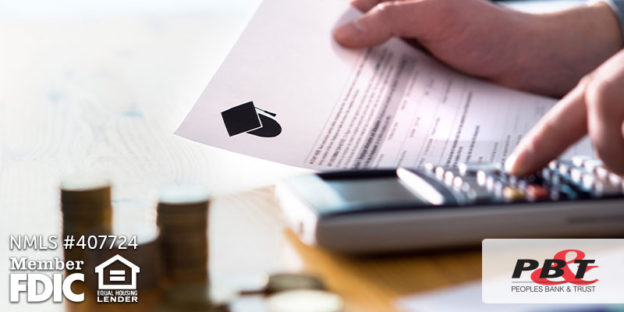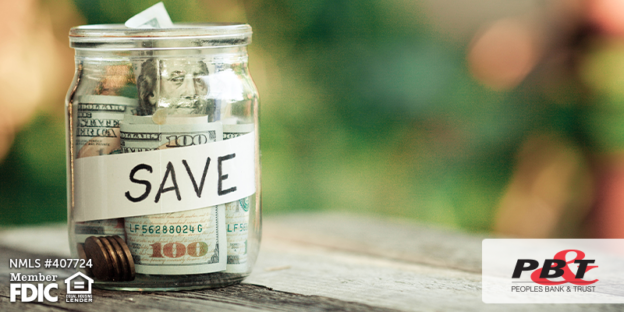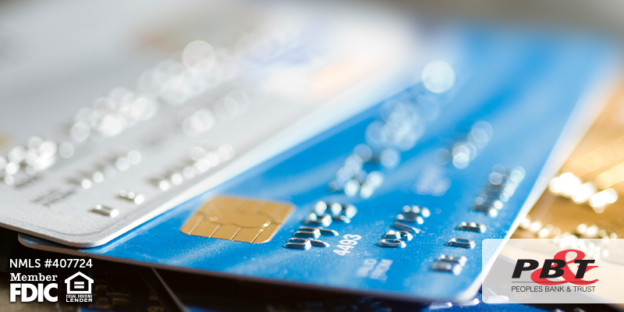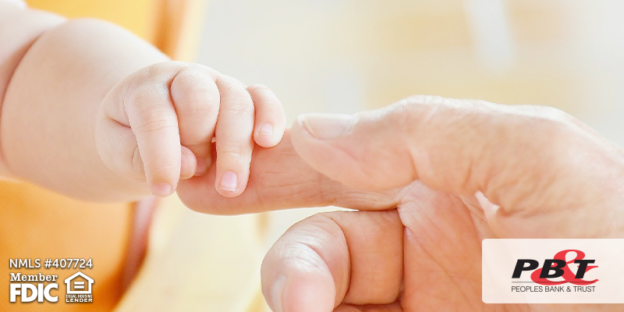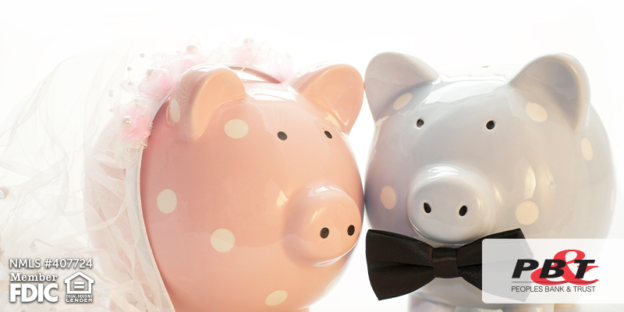Once you enter adulthood, your finances become your own and the major life purchases quickly approach. While not all of these purchases take place at the same time nor is everyone guaranteed to make them all, it’s common for the average person to make most if not all of these purchases at some point in time. Continue reading to be prepared for your financial journey in the future!
1. New Car
That car you got when you turned 16 won’t last forever, and soon enough you’ll be ready for a new vehicle. Whether this purchase takes place once you graduate college or when you need a size upgrade to fit your growing family, a new car is a big financial investment. It’s important to look into smart loan options available to you before you make the big decision. Another important factor to mention is that your credit score will have a big impact on the loan options available to you, so keep that in mind as you prepare for a new car.
2. The Wedding
As of 2019, the average cost of a wedding in the United States is over $33,000. While the bride’s family traditionally holds the responsibility of paying for the wedding, that’s not always set in stone in all families. Finding out where the wedding money is coming from is something important to find out by talking to your partner, your family and your partner’s family. Marriage is also another thing to plan for financially as you and your new spouse learn to handle expenses together rather than separately now. Also, even if you don’t have to pay for your wedding, if you choose to have kids the day will come when your daughter gets married, so the wedding finances could be on your shoulders down the line.
3. Starting a Family
The cost of having children is seemingly never-ending. From the hospital bill when they’re born until they head to college, you’re paying for the many expenses that come with having children. Keep in mind childcare, prom, clothes, college, sports and more which can add up quickly. Don’t let the many purchases that come with having kids push you away, though, as starting a family is truly priceless!
4. Buying a House
One of the most obvious and major purchases you’ll make in your lifetime will be your first house. With lots of research, thinking and searching, you’ll finally find the house of your dreams. This is something to plan for and keep in mind as early as possible, as many young adults push this off and procrastinate on saving. Set up a savings account to get a head start on this future purchase!
5. Making Your House a Home
A major financial investment that’s often overlooked when it comes to planning is furnishing your new home, getting appliances, landscape work, renovations and more. To make your house a home, lots of improvements and additions have to be made. Furniture and appliances can get pricey, especially the high-quality pieces that will last you awhile. Factor all of these home improvement payments into your budget before taking the step of buying a house.
As you enter this exciting stage of your life and the major purchases get closer, it’s always a good idea to set a budget and maximize your savings as much as possible. One great way to make the most of your savings is to open a savings account with us, set up automatic transfer and watch your savings grow! Contact us with any of your finance questions and we’d be happy to help.
Peoples Bank & Trust Co.
Member FDIC
Equal Housing Lender



